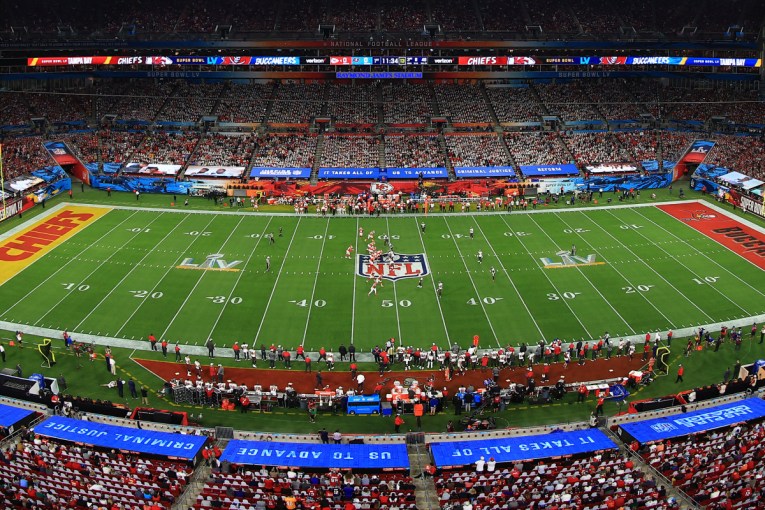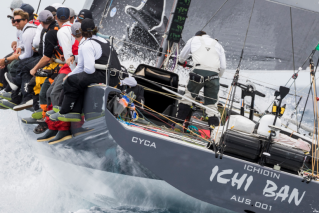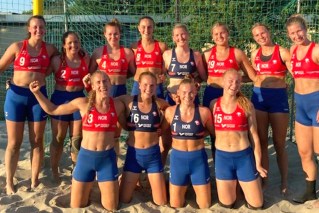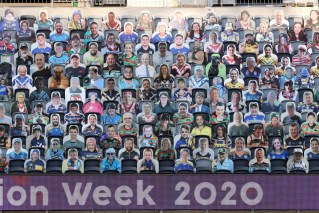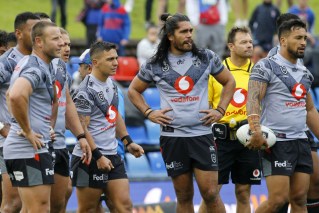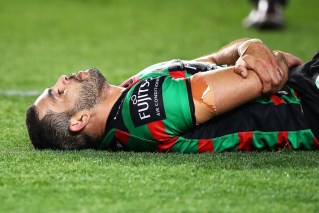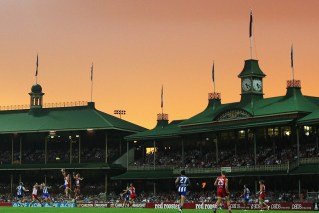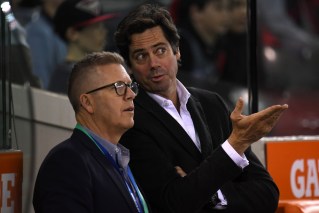Drugs in sport: One year on, it’s just one big joke
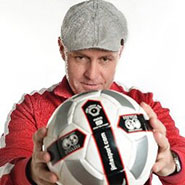
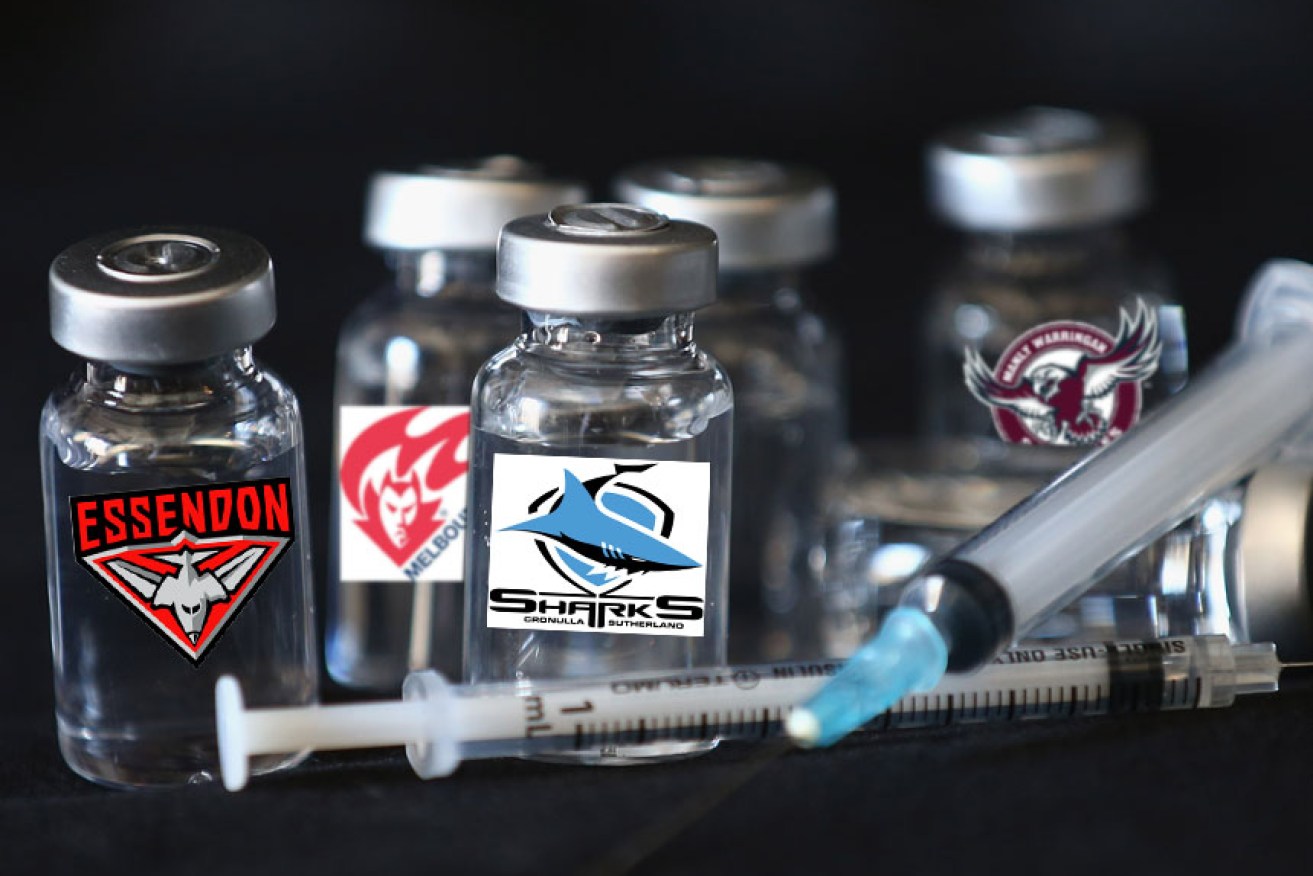
Getty
A year ago, Australian sport’s dirty laundry was hung out to dry.
Today, the Australian sporting public is right to ask – what the hell was that all about?
When then Sports Minister Kate Lundy flanked by former Justice Minister Jason Clare and their supporting cast of reluctant and bewildered sports CEOs released the Australian Crime Commission’s report into organised crime and drugs in sport, the nation was stunned.
The report portrayed an alarming mosaic of systemic and widespread doping in professional sport, cosy relationships with organised crime, players being groomed to fix matches and authorities asleep at the wheel.
It read like a script for The Wire.
A year later, after an interminable investigation by ASADA, a brutal propaganda war waged by key personalities embroiled in the saga and the at times farcical attempts at self-regulation by the major football codes, little has been resolved.
After the shock and awe of that infamous press conference, it’s been all talk, no action.
Today, Australian sport is still very much ill at ease.
At the heart of the confusion has been the lack of any infraction notices issued to players. After the shock and awe of that infamous press conference, at which Lundy and Clare gave their best Eliot Ness impersonations, it’s been all talk, no action.
ASADA has issued just one infraction notice in relation to these matters – to Canberra Raider Sandor Earl.
It continues to insist its investigation is continuing into the practices at Essendon and Cronulla. In the meantime, the new Federal Government has lost patience with ASADA, appointing former Federal Court judge Garry Downes to sort things out.
No doubt ASADA has a thankless task. The cheats are always ahead of the testers, and the traditional method of doping control through testing is patently inadequate.
Banned substances are constantly shape shifting to avoid detection and legislation. As soon as one substance is listed the next generation drug has a slight variation and slides through the loophole.
ASADA CEO Aurora Andruska has failed her organisation by her silence.
It’s that gap in the firewall that rogue sports scientists were trying to slip through. It’s also tripped up authorities as well. ASADA and the ACC were at odds over the status of one of the substances at the centre of the scandal – AOD 9604. This fundamentally undermined their credibility.
If they don’t know the status of the substances, what hope have the players, coaches and clubs?
Compounding ASADA’s problems has been a perception that its investigation into Essendon was co-opted when it agreed to a joint investigation with the AFL.
The publishing of an interim report ahead of the AFL’s finals series suited the league’s time frame to clear the decks before it’s showpiece event. Just in whose best interest was ASADA operating?
Further, ASADA’s reluctance to use its new powers to compel the sports scientist in the eye of the storm, Stephen Dank, to answer questions is bewildering.
ASADA CEO Aurora Andruska (pictured left) has failed her organisation by her silence.
Andruska has barely been heard throughout this entire saga, and the inability of ASADA to explain to the Australian public where things are at and why it is conducting its investigation the way it is (like not interviewing Dank) has left a vacuum into which has rushed an ocean of uninformed opinion, prejudice and stupidity.
Hird’s punishment was a year’s paid leave and the promise of hero status on his return.
Talkback radio has become a loony bin of tribal hysteria, split between those suffering duffle coat syndrome – prepared to defend their club with whatever it takes – and those peddling conspiracy theories and demanding public floggings.
By year’s end the entire affair had become a black comedy.
Essendon’s James Hird was banned, then immediately rehired by the Bombers. The AFL insisted he wasn’t being paid whilst he spent a year in the dog house; Hird’s wife assured us he was.
In the end, Hird’s punishment for his reckless disregard for the risk to which he exposed his players was a year’s paid leave and the promise of hero status on his return.
A year on, it’s seems it will be the authorities that govern sport and are charged with protecting it who are in the dock.
They promised that the cheats would be caught, the mess cleaned up and the games that we love – and invest so much time and money – protected.
Right about now, they look like they’ve dropped the ball.
And if they have, the game might well be up for the integrity of Australian sport.

